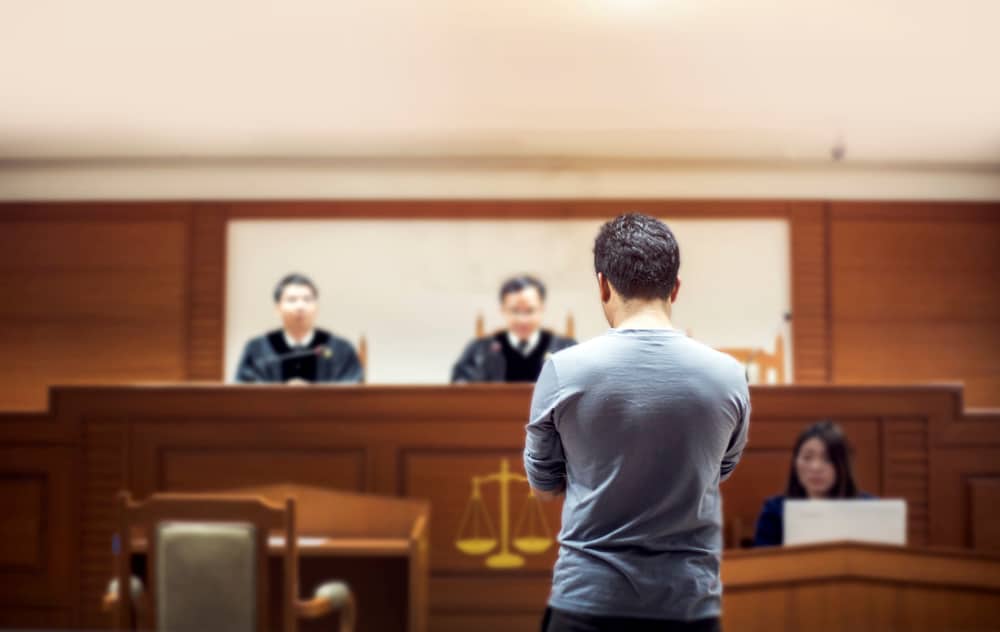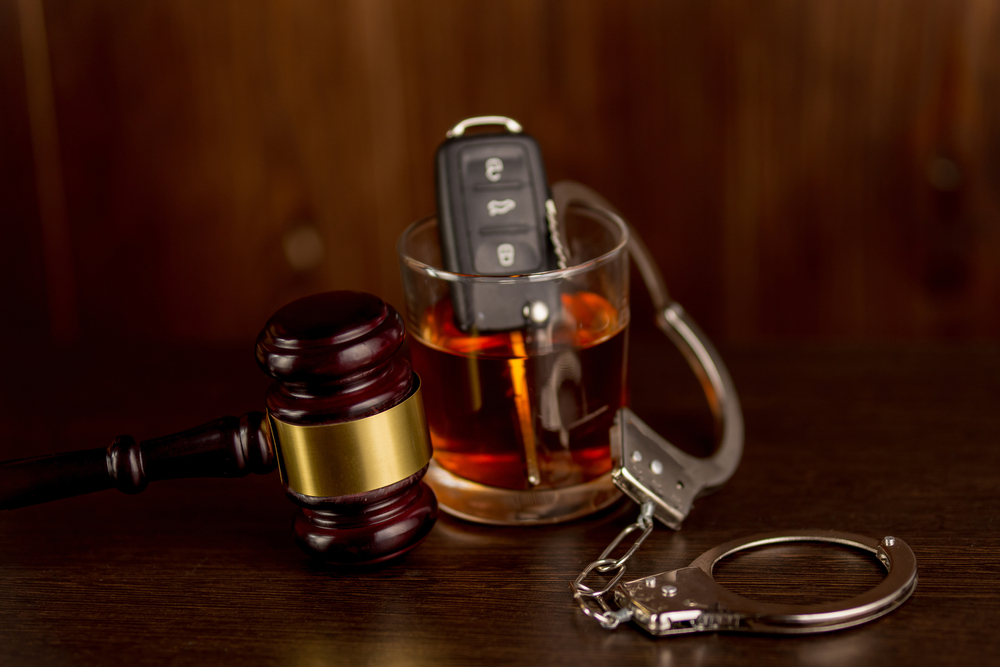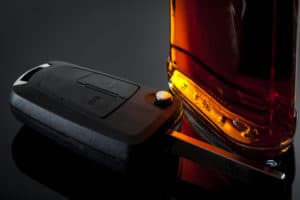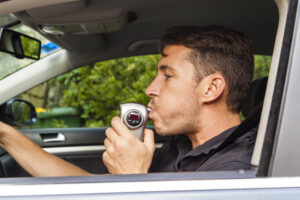
A violation for driving while intoxicated (DWI), even if it is a first offense, automatically leads to driver’s license suspension. Protect your driving privileges, your driving record and your rights by working with an experienced ALR (Administrative License Revocation) hearing and license suspension lawyer. At the Law Offices of Randall B. Isenberg in Dallas, we provide skilled, effective representation by our professional DUI attorneys in Dallas for adults and young people charged with DWI or with suspended licenses.
How to Win an ALR Hearing or Suspended License after DWI?
Contact the Law Offices of Randall B. Isenberg to find out how our Dallas Criminal Defense lawyers can help you.
Attorney Randall Isenberg, the founder and lead lawyer at our firm, has practiced law for more than 30 years. Having served as both a senior chief felony prosecutor and as a state district judge, he fully understands the legal process and the strategies utilized by opposing counsel.
His extensive qualifications include board certification by the Texas Board of Legal Specialization, admittance to practice in front of the United States Supreme Court, the United States Court of Appeals for the Fifth Circuit, and certification by the National Board of Trial Advocacy. As a member of the National College of DWI Defense and as one of the few DWI trial lawyers in Texas, Attorney Isenberg is exceptionally qualified to handle your suspended license case.
Retaining Your Driving Privileges
From the date of your arrest for drunk driving (DUI), you have 15 days to request an Administrative License Revocation (ALR) hearing. If you miss the deadline, it can be more difficult to avoid license suspension. An ALR hearing provides the opportunity for you to petition to keep your license or petition for an occupational driver’s license if your license is suspended.
In your defense, a suspended license hearing provides our legal team the opportunity to gather evidence to build for your criminal case. We use the hearing as a discovery tool and strategic attack on the state’s evidence for both DWI and Dallas traffic violation cases. By examining the whether or not the arresting officer had reasonable suspicion to pull a car over, we can develop the facts necessary to support a suppression motion at trial.
If it becomes clear after the ALR hearing that we do not have the necessary evidence to build a winning defense, we can use the period between the ALR hearing and the DWI trial to negotiate a plea agreement.

















